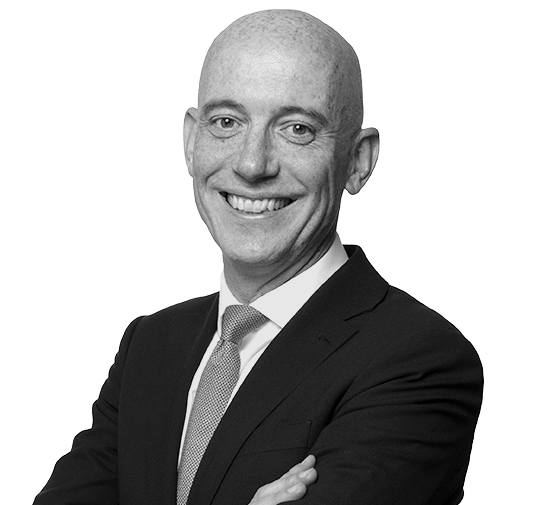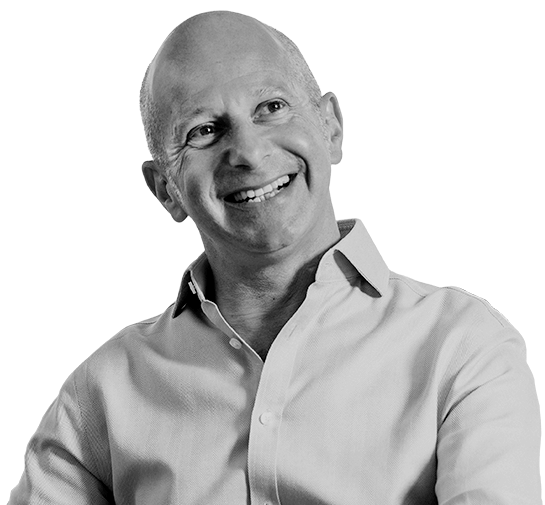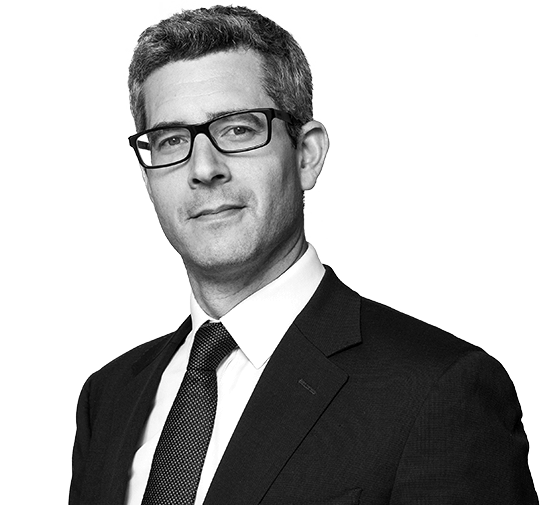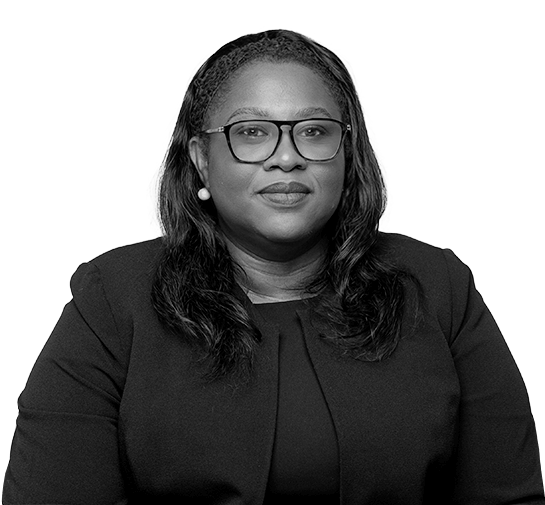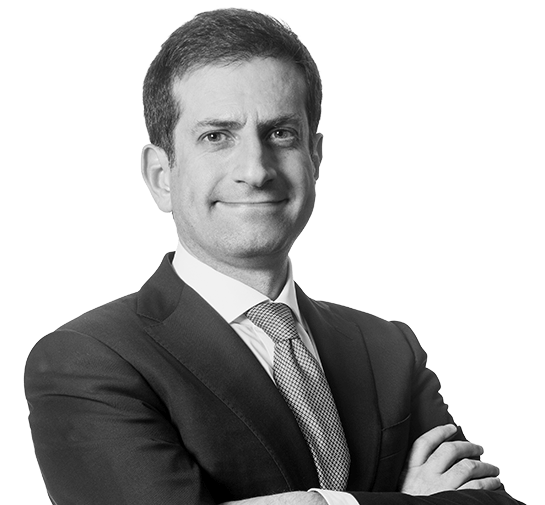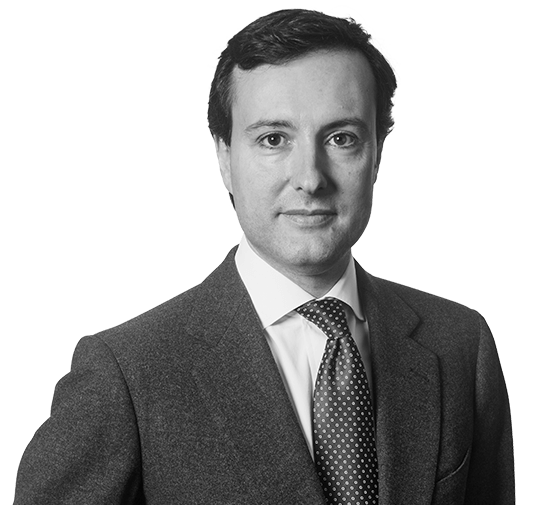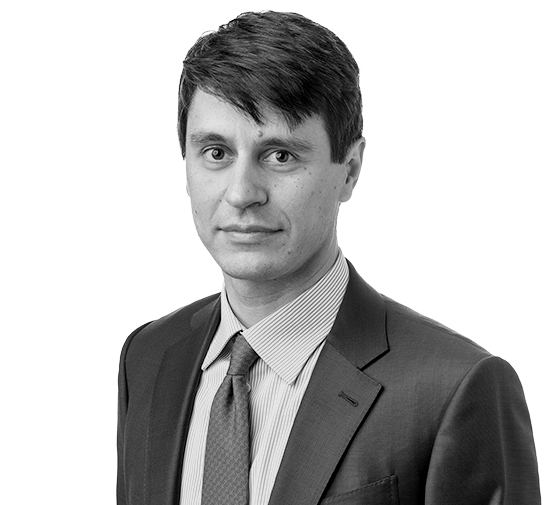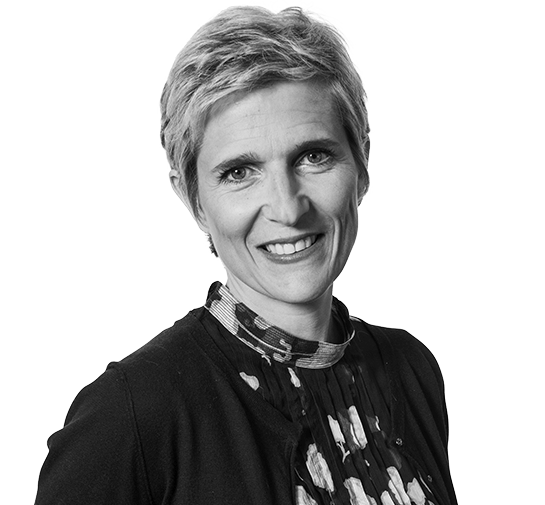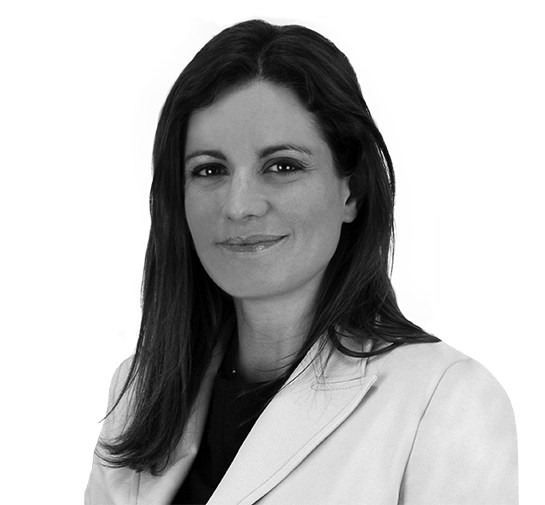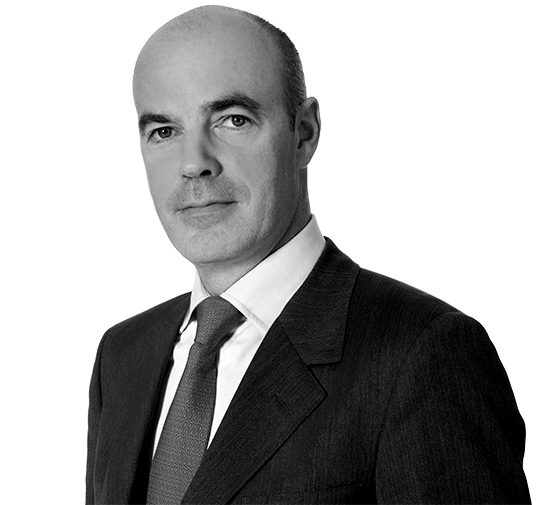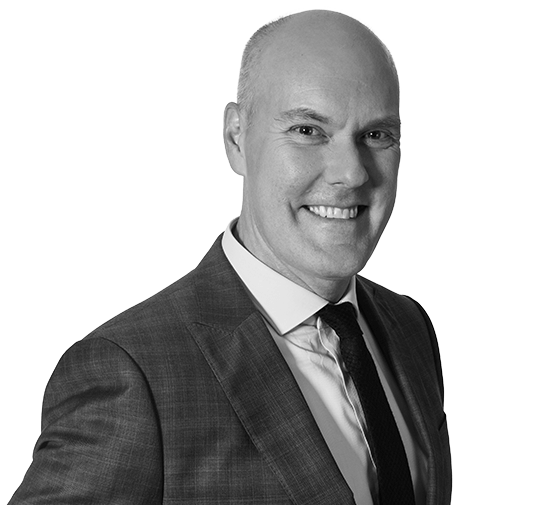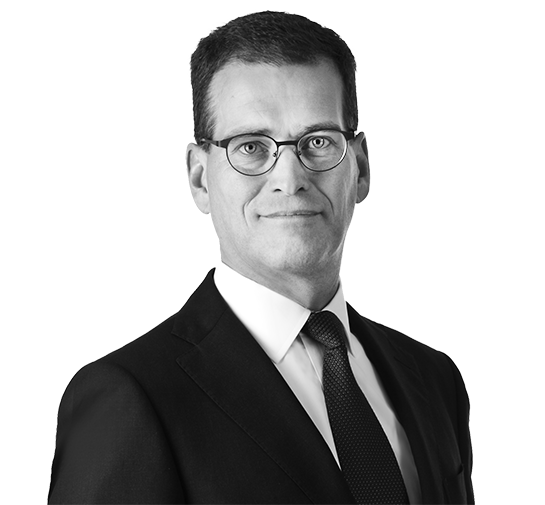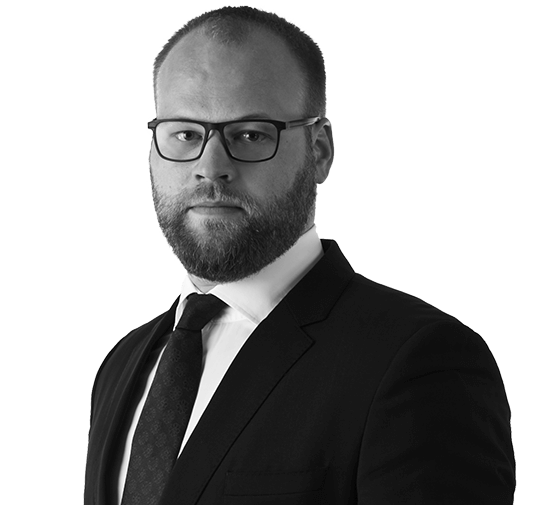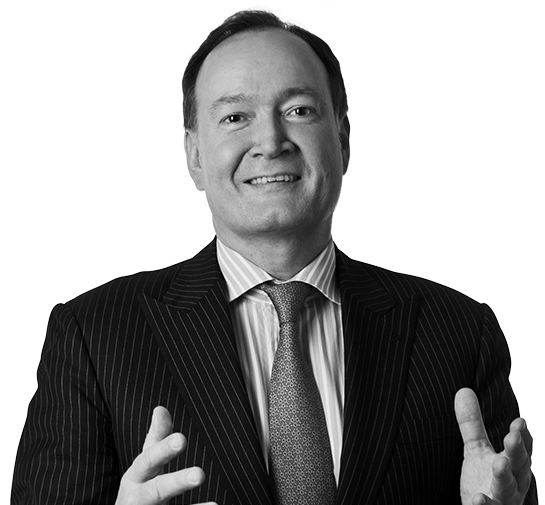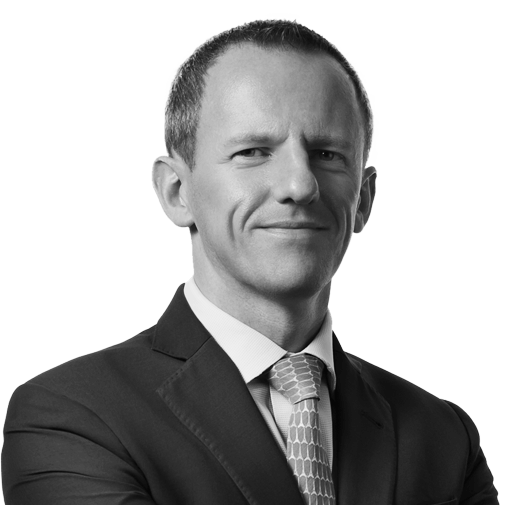Private Equity Market Snapshot
October 2023

Private equity investment proceeded cautiously through the middle of 2023, albeit with some indications of strengthening investment in the best businesses and greater confidence in macroeconomic conditions. According to S&P Global Market Intelligence data, aggregate deal value fell 51% globally in the first half to $244bn1, with the number of deals down by 39%. Those figures improved in July, with investment value up 10% to $44bn versus the same month the previous year, driven by a small number of large investments2.

Private equity investment proceeded cautiously through the middle of 2023, albeit with some indications of strengthening investment in the best businesses and greater confidence in macroeconomic conditions. According to S&P Global Market Intelligence data, aggregate deal value fell 51% globally in the first half to $244bn1, with the number of deals down by 39%. Those figures improved in July, with investment value up 10% to $44bn versus the same month the previous year, driven by a small number of large investments2.


The largest investment of early H2 had strong links with Europe. Chicago-based GTCR agreed to buy a 55% stake in payments processor WorldPay – formerly owned by the UK’s Royal Bank of Scotland prior to the financial crisis, and then by a consortium of Advent International and Bain Capital – from U.S. listed FIS (Fidelity National Information Services) in a deal valuing the company at $18.5bn. While WorldPay’s headquarters were moved from London to the U.S. following RBS’ exit, most of its operations remain in the UK. The investment is supported by $8.4bn in debt financing from banks including JP Morgan, Goldman Sachs and Citi, indicating returning appetite from international lenders3.

The largest investment of early H2 had strong links with Europe. Chicago-based GTCR agreed to buy a 55% stake in payments processor WorldPay – formerly owned by the UK’s Royal Bank of Scotland prior to the financial crisis, and then by a consortium of Advent International and Bain Capital – from U.S. listed FIS (Fidelity National Information Services) in a deal valuing the company at $18.5bn. While WorldPay’s headquarters were moved from London to the U.S. following RBS’ exit, most of its operations remain in the UK. The investment is supported by $8.4bn in debt financing from banks including JP Morgan, Goldman Sachs and Citi, indicating returning appetite from international lenders3.
Private Equity Focuses on Industry Hotspots
While optimism and appetite are improving, a broad-based recovery may still be some way off as some uncertainty around the economic outlook and the path for interest rates persists. Conditions in Europe are not as weak as firms may have feared, but the pricing gap between buyer and seller expectations remains and is acting as an impediment to many deals.
Sectors benefiting from long-term secular themes are an exception. Among these are businesses providing services to the biotech and healthcare industry that have been caught up in broader weakness in biotech in the post-pandemic period. In early September, Permira agreed a £702mn deal for UK-based Ergomed, a specialist in clinical research and pharmacovigilance that helps emerging biotech companies to meet regulatory requirements4. It followed a deal for drug development IT company Instem, which agreed to be taken private by France’s Archimed for £203mn5.

Targeted interest in tech and AI continues to be strong, as does investment in infrastructure and technology geared towards the energy transition. Sweden’s H2 Green Steel raised €1.5bn in equity in September from an investor group including Altor, GIC, Temasek and Al Gore’s Just Climate fund. Alongside €3.5bn of debt financing raised last year, the investment will finance the world’s first large-scale green steel plant and Europe’s first giga-scale electrolyzer6. The company also hopes to expand operations internationally, including in the U.S. and Brazil7.

Private Equity Focuses on Industry Hotspots
While optimism and appetite are improving, a broad-based recovery may still be some way off as some uncertainty around the economic outlook and the path for interest rates persists. Conditions in Europe are not as weak as firms may have feared, but the pricing gap between buyer and seller expectations remains and is acting as an impediment to many deals.
Sectors benefiting from long-term secular themes are an exception. Among these are businesses providing services to the biotech and healthcare industry that have been caught up in broader weakness in biotech in the post-pandemic period. In early September, Permira agreed a £702mn deal for UK-based Ergomed, a specialist in clinical research and pharmacovigilance that helps emerging biotech companies to meet regulatory requirements4. It followed a deal for drug development IT company Instem, which agreed to be taken private by France’s Archimed for £203mn5.

Targeted interest in tech and AI continues to be strong, as does investment in infrastructure and technology geared towards the energy transition. Sweden’s H2 Green Steel raised €1.5bn in equity in September from an investor group including Altor, GIC, Temasek and Al Gore’s Just Climate fund. Alongside €3.5bn of debt financing raised last year, the investment will finance the world’s first large-scale green steel plant and Europe’s first giga-scale electrolyzer6. The company also hopes to expand operations internationally, including in the U.S. and Brazil7.

Consolidation in Private Markets Grows
The attraction of adjacent sectors, such as infrastructure, is manifesting in other ways as private equity firms target deals to acquire scale and expertise in other private market fields. There has been a surge in private equity buying up asset managers, with 39 such deals taking place in the year to 20 July 2023, totaling $13bn – $2.6bn more than the previous peak in 2021, according to PitchBook data8.
In September, CVC unveiled an agreement to buy Amsterdam-based infrastructure manager DIF Capital Partners in a deal reported to be worth €1bn, bringing it a ready-made investment platform comprising 11 offices and 225 staff managing some €16bn of assets9.

As other large, diversified private markets managers have found, the addition of new strategies helps with recruitment and retention of large institutional investors by providing one-stop shops with offerings across multiple asset classes. That in turn feeds a steady increase in predictable management fee revenues, helping underpin share prices for firms that are listed, or investor confidence and valuations for those planning to list.

Consolidation in Private Markets Grows
The attraction of adjacent sectors, such as infrastructure, is manifesting in other ways as private equity firms target deals to acquire scale and expertise in other private market fields. There has been a surge in private equity buying up asset managers, with 39 such deals taking place in the year to 20 July 2023, totaling $13bn – $2.6bn more than the previous peak in 2021, according to PitchBook data8.
In September, CVC unveiled an agreement to buy Amsterdam-based infrastructure manager DIF Capital Partners in a deal reported to be worth €1bn, bringing it a ready-made investment platform comprising 11 offices and 225 staff managing some €16bn of assets9.

As other large, diversified private markets managers have found, the addition of new strategies helps with recruitment and retention of large institutional investors by providing one-stop shops with offerings across multiple asset classes. That in turn feeds a steady increase in predictable management fee revenues, helping underpin share prices for firms that are listed, or investor confidence and valuations for those planning to list.

Digital Transition Increases Opportunities and Rewards in European Infrastructure
The entry of acquisitive private equity firms into infrastructure follows shifts into other segments including secondaries, private credit, venture and growth capital. However, it also indicates the evolution of the infrastructure sector. While there is still a large place in investor portfolios for core and core-plus inflation-linked infrastructure assets, such as toll roads or networks for utilities, the sector has expanded to make room for new opportunities that are higher risk and higher reward.
Drawing on data from McKinsey and JP Morgan, broker Liberum estimates that $600bn will be invested in digital infrastructure globally by 2035, a large increase from the $276bn committed to date to projects including fiber-to-the-home and 5G10. Nevertheless, much more private capital is needed. Research from Spanish telecoms group Telefónica shows that underinvestment in European digital networks has led to a €174bn investment gap to reach the European Union’s Digital Decade program targets by 203011. International institutional investors are moving on the opportunity. Among them, Australia’s largest pension fund, AustralianSuper, is investing €1.5bn for a minority stake in Vantage Data Centers to help private equity owner Digital Bridge fund the construction of new data centers in EMEA12.
As we enter the final months of 2023, the private equity landscape reflects a cautious market, but one with signs of renewed confidence – particularly in industry hotspots – as investors continue to navigate a complex economic environment.

